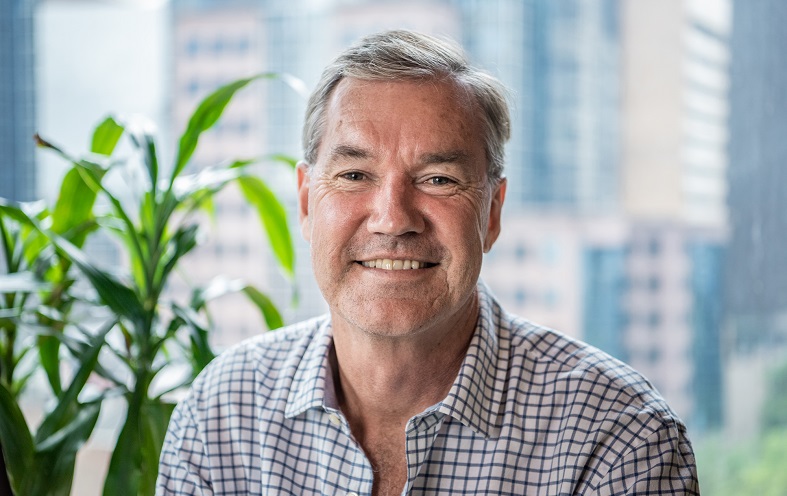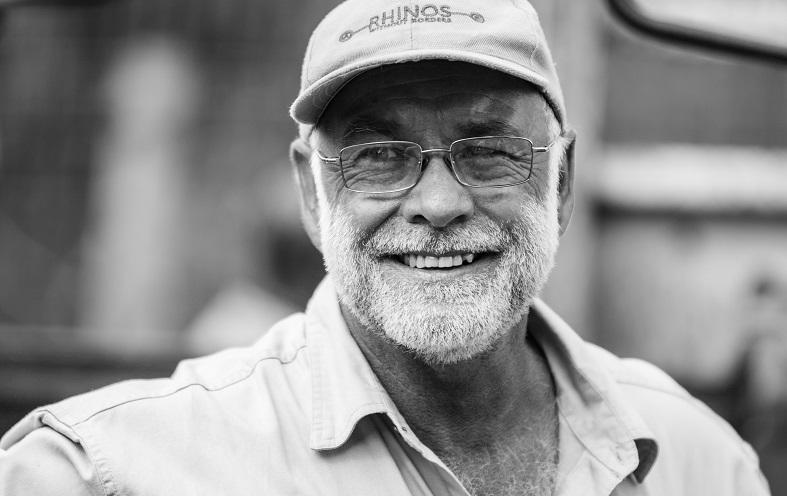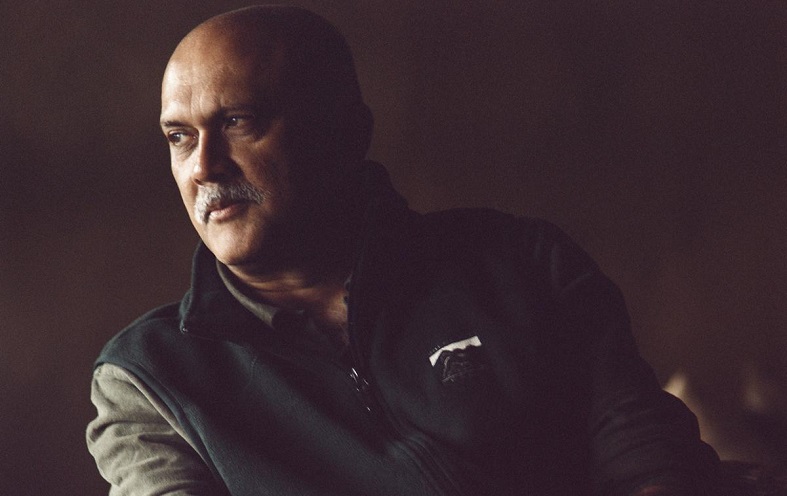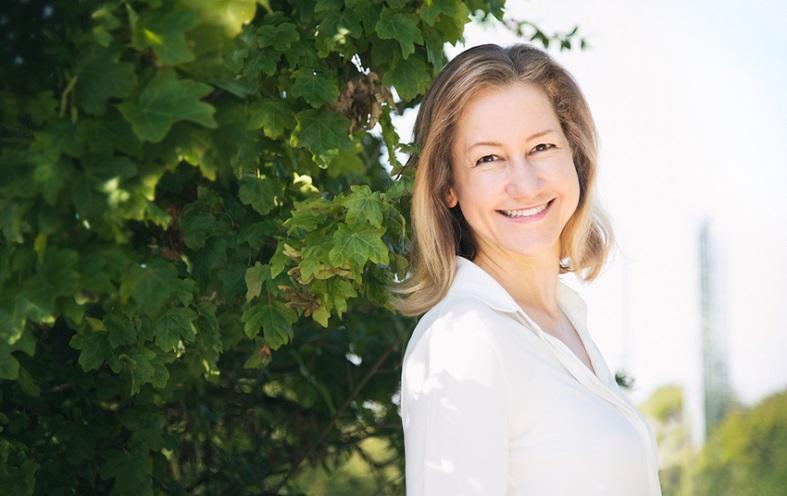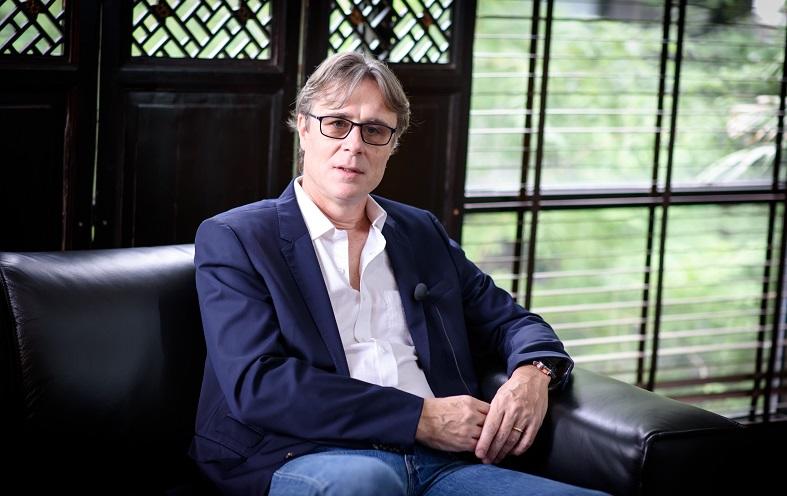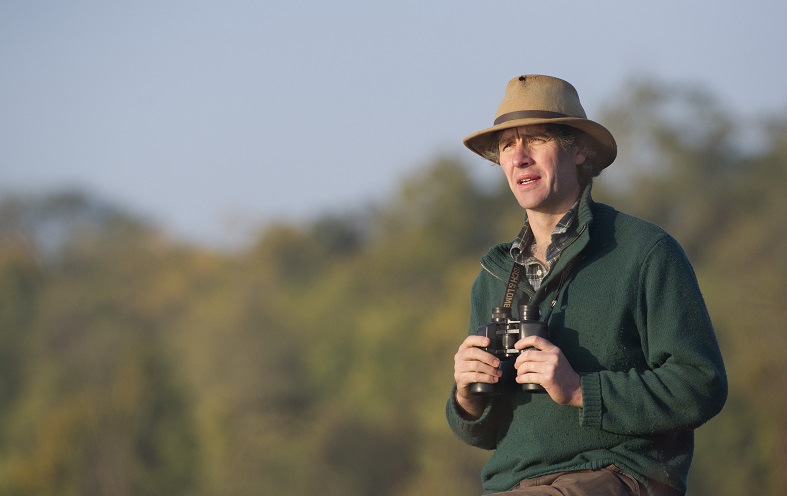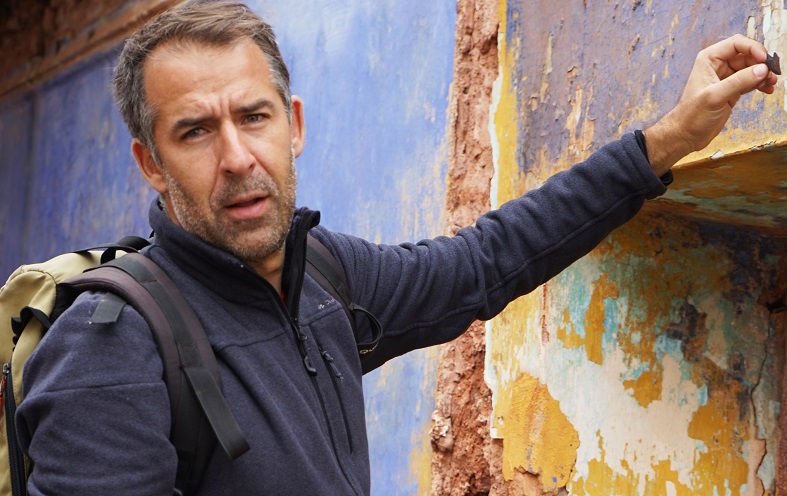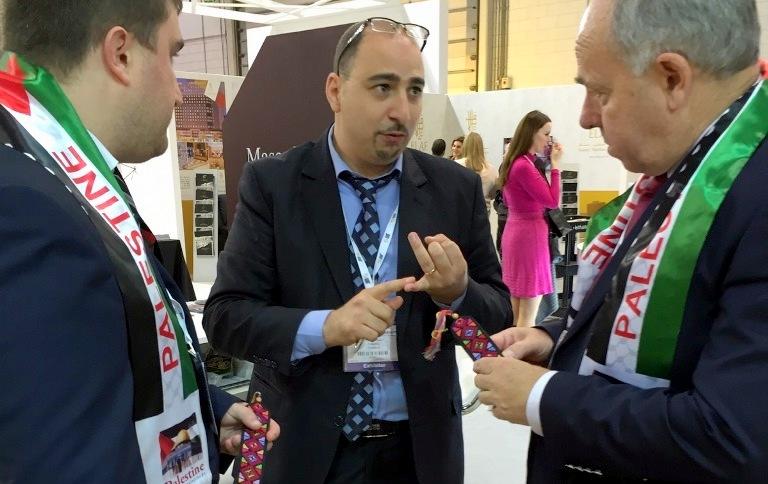
Michel Awad, Director of the Siraj Center in Palestine, in this interview shares his experience of developing responsible tourism experiences as a way to connect visitors with locals and to foster cultural exchange and peace. Learn about the different initiatives, the challenges – and the opportunity to experience Palestine as a destination with so much more to offer than pilgrimage tourism.
Our interview with Michel is part of a special series with winners and finalists of the annual WTTC Tourism for Tomorrow award.
Learn about:
- How responsible tourism products support rural development in Palestine;
- How Palestine as destination is diversifying, adding new offers to its pilgrimage experiences;
- The Masar Ibrahim hiking trail – recommended by National Geographic;
- How being a WTTC Tourism for Tomorrow award finalist has helped Michel Awad and his team to continue their work of promoting responsible tourism in Palestine.
Michel, what inspired you to focus your career on tourism as a tool for development?
Responsible tourism is a tool that helps improve and support the development of the tourism sector with a minimal environmental impact. Palestine suffers from a negative image internationally, but responsible tourism helps to change this perception. Moreover, responsible tourism serves as an opportunity to bolster local economies and foster new industries in areas that tourists do not typically visit.
I feel inspired and encouraged by the opportunities that experiential tourism products offer for visitors to get to know our culture first-hand: by meeting local people and getting involved in the community, travellers can completely change their perception of Palestine.
As a Tourism Management graduate and now lecturer, how has your view of tourism changed over the years?
There is an obvious change in Palestinians’ perceived importance of tourism, as well as in their awareness about it. It is clear that there are more locals who want to be part of the tourism industry and more foreigners who want to come and explore the diversity of Palestine.
Palestine is increasingly becoming more than a pilgrimage destination: interest in experiential tourism is growing, and travelers are gravitating more and more towards activities in which they can experience Palestine’s culture, history and wilderness.
As Director of the Siraj Center in Palestine, which projects or initiatives during the last 10 years did you find the most rewarding for the Center’s international recognition?
The most important initiative we have worked on is the Masar Ibrahim. Siraj Center is one of the founders of Masar Ibrahim, which is the most important hiking trail in Palestine. It currently spans from the northern city of Jenin, down through the West Bank to a new section south of Hebron.
In 2013 Masar Ibrahim was selected #1 Best New Trail by National Geographic. Local communities were involved in its development, and continue to be involved as the trail is maintained and improved. We are extremely proud of the Masar Ibrahim and of the popularity, it has already garnered from visitors looking to explore Palestine in a new way.
We have also been partners in developing Bike Palestine, a guided biking tour that goes from Jenin to Jerusalem. It is the first of its kind in the West Bank, and so far it has been very successful.
Communicating responsible practices, particularly when there is a strong political context, is difficult for any business. How do you approach this challenge at Siraj Center? Any advice for other grassroots organizations on how to engage with their wider audiences regarding sustainability practices?
Word-of-mouth recommendations and the testimonials of travellers who have visited us and participated in our cultural activities are important in encouraging other travellers to come to Palestine. Our participants are able to gain an understanding of the political context in Palestine by meeting local people and engaging in the communities they visit. By focusing our efforts on providing a great experience, we, in turn, encourage more travellers to come and to get to know our emerging destination, and I would encourage other organizations in similar contexts to do the same.
As WTTC Tourism for Tomorrow award finalist, how has Siraj Center benefited from this recognition?
Attracting visitors to Palestine is challenging due to the perceptions and concerns people have about it. The WTTC recognition gave us credit for the work we do, and for that we are grateful.
Being selected as a finalist for the WTTC award has given us renewed confidence in our work and activities. It has helped convince foreigners to overcome their hesitations, travel to Palestine and join our programs.
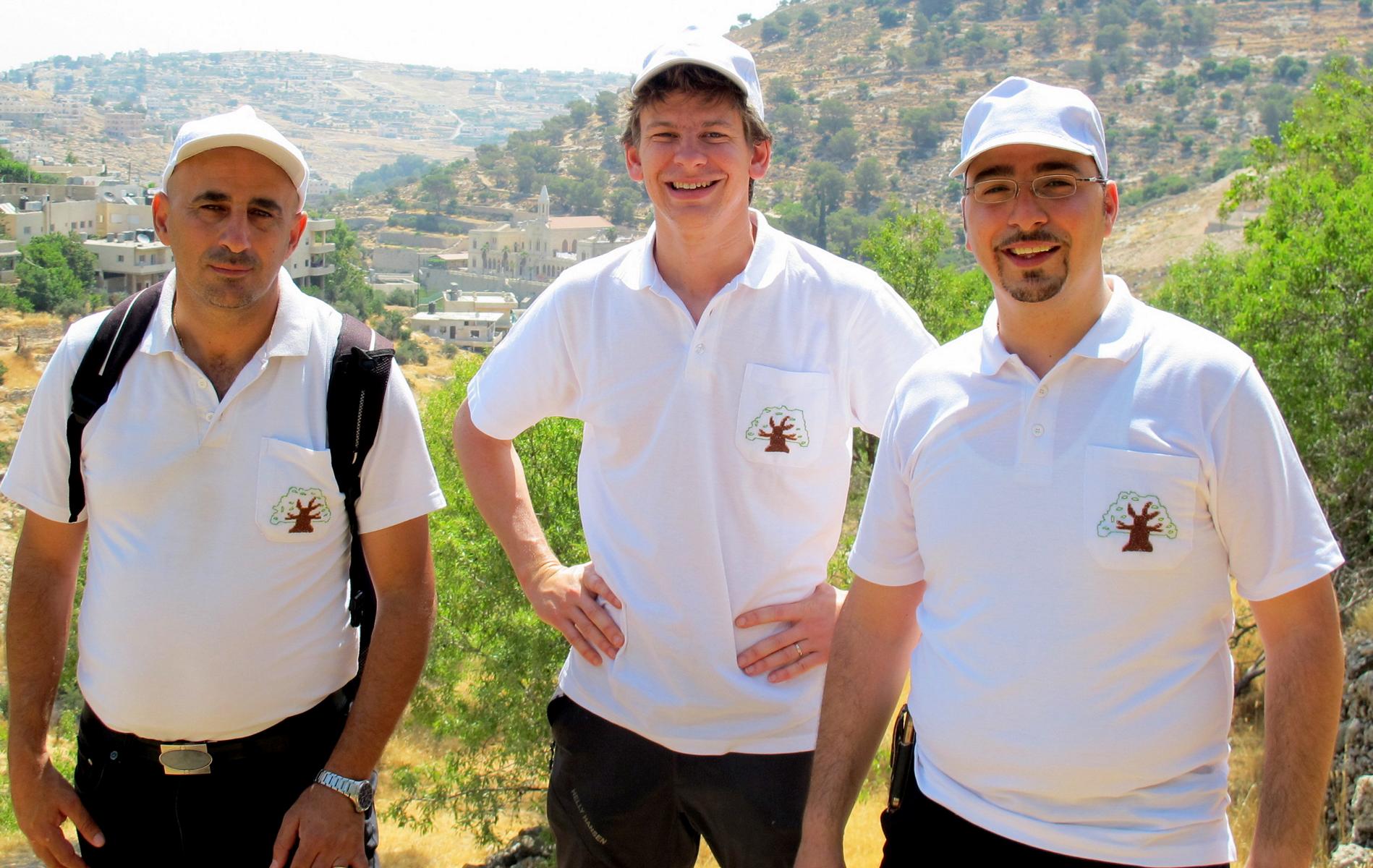
It’s now almost 10 years since the release of the Palestinian Code of Conduct for Travel. What progress has been made over the past several years to develop Palestine as a sustainable destination? What continues to be a challenge?
There has been considerable progress made in the past ten years: we have developed programs to facilitate communication with local communities and to educate them about the positive impact of sustainable tourism. We have also built stronger partnerships with local authorities in order to allow us to best practice sustainable tourism.
However, Palestine is still often seen as a mass tourism destination, linked only to pilgrimage. Through our work we are trying – and in many instances have managed – to change this, instead emphasizing Palestine’s appeal for individuals, especially adventure seekers.
Do you think there are other destinations that share circumstances similar to Palestine, and perhaps have developed strategies and practices that can serve as inspiration for Palestine?
South Africa experienced challenges similar to those that Palestine is now going through. They managed to develop strategies that we can learn from, and perhaps in the future, we can be a source of inspiration for another community.
In your view, which aspects are the most crucial for the next years regarding advancement towards more sustainable tourism in Palestine?
We are working to change the perception of Palestine as a mass pilgrimage destination, trying instead to strengthen its profile as a multifaceted destination, rich in culture and history. It is crucial that we continue to educate our local communities about sustainable tourism so that they can be fully integrated into the development process. As tourism continues to grow in the coming years, it is also important that we remain committed, as a community, to the protection of the environment.
Have visitor perspectives of Palestine changed over time?
Absolutely – the perception of visitors has changed primarily through their encounters with Palestinian communities. This communication is extremely powerful, as it allows visitors to move beyond the headlines and connect on a personal basis with the histories, struggles and hopes of local people.
Through these cultural experiences, visitors find that Palestine is much more than just a pilgrimage destination or newsreel segment and that it offers something for everyone – the foodie, the biker, the history buff, the backpacker, and more.
When they return to their home countries the hope is that they share their new perception with their friends and family, and encourage them to visit Palestine a swell.
Thank you, Michel.
Connect with Michel Awad on LinkedIn.
Enjoyed our interview with Michael Awad of the Siraj Center on tourism development in Palestine? Share and spread the word!

